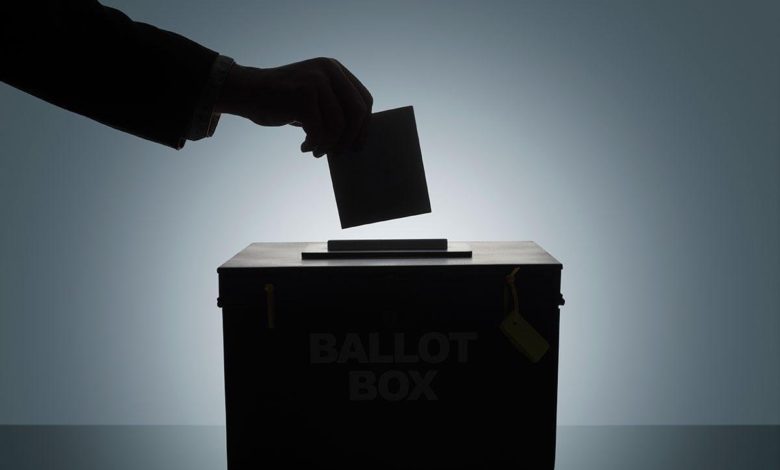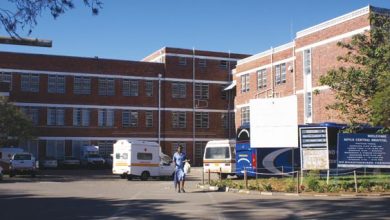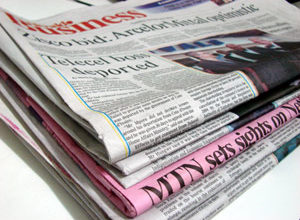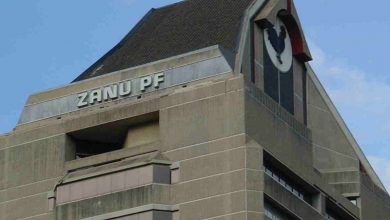Zimbabwe’s 2023 election: A mixed bag of potential outcomes

Political analysts have said that Zimbabwe’s 2023 election could produce a variety of outcomes, as the operating environment has worked against the possibility of a free and fair vote.
In a discussion on This Morning on Asakhe on the X app, Arnold Tsunga of Tsunga International Law Chambers said that there is a likelihood that the ruling ZANU-PF party could maintain power in both the National Assembly and the presidency.
“Broadly speaking, we may see one scenario where ZANU-PF maintain power both in terms of the National Assembly as well as the Presidency and maybe predominately the local ones because of the fact that the majority of local councils are in rural areas which are believed to be ZANU-PF strongholds,” he said.
However, Tsunga also said that there is a possibility of an upset at the presidential level, due to the popularity of Nelson Chamisa, the leader of the opposition Citizens Coalition for Change (CCC).
“He could actually spring a surprise if the elections are held in a free and fair way,” he said.
“CCC could in fact master enough votes to then control the parliament but then in the rural areas I think it will still remain the same, closely contested between the CCC and ZANU-PF. Particularly CCC taking the urban constituency as usual and ZANU-PF dominating in the rural areas as usual.”
Tsunga said that many people have tried to research why people in rural areas vote differently from people in urban areas.
“It’s not an issue that is confined to Zimbabwe alone but I think many countries that have big rural-urban divide, you find that even in South Africa, you find that the opposition gains control of urban areas whilst the ruling party takes longer to lose its control of the rural areas, so that is what maybe is possibly likely to happen,” said Tsunga.
Effie Ncube, another political analyst, agreed that the election could produce a variety of results.
“In terms of scenarios, the starting point is to recognize the fact that the circumstances under which the election is being held are not that of the free and fair election, we have so many things that are working against the possibility of a free and fair election and most of them had to do with the operating environment itself,” he said.
Ncube said that civil society has been unable to play its role as a watchdog during the run-up to the election.
“We have a restricted civil society that is unable to operate in terms of being the watchdog of what is happening and assuring people out there, particularly in rural areas that there are eyes and ears that are present amongst them, that will report on anomalies and spotlight on issues of electoral malpractices and the likes and that on its own can set way some of the courage that people needed for them to go out and vote,” he said.
Ncube said that the election could also produce a low turnout or a high turnout.
“The forces for both are equal, there is an equilibrium, something that you can only know tomorrow when the people actually turn out to vote,” said Ncube.






